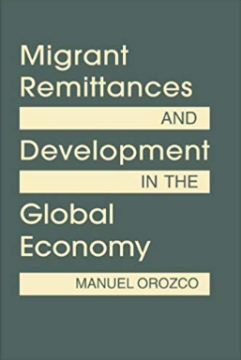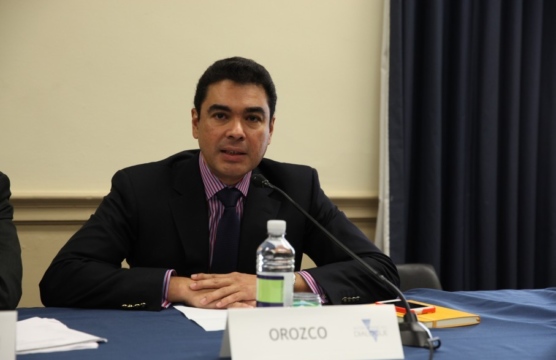The Earthquake’s Impact on Remittances
The earthquake in Haiti has exacerbated an existing distress during the international recession and increased uncertainty of what to do and how to help.
Trump’s stated course of action is a frontal attack on all of the problems that he says have made America weak. His agenda includes changing international trade policy, cutting off illegal migration, revamping or simply eliminating social policies such as Obamacare, reducing taxes, and re-orienting current defense and foreign policy to ‘put America first.’
All these plans will have implications for people who live and work in the United States, including the country’s estimated 42 million immigrants, a diverse group that includes people with and without legal status.
An issue of particular importance and concern is undoubtedly Trump’s immigration policy. According to his past statements, we can expect to see actions on at least seven fronts:
This article examines Trump's migration strategy, its limits and consequences.
Para leer el artículo original, oprime aquí.
The earthquake in Haiti has exacerbated an existing distress during the international recession and increased uncertainty of what to do and how to help.
How do patterns of migration and remittances differ across regions? What kinds of frameworks support the contributions of remittances to local development?
On February 24th, the Inter-American Dialogue held its annual event on Remittances to Latin America and the Caribbean.
 Nicola Romagna / Flickr /
Nicola Romagna / Flickr /

